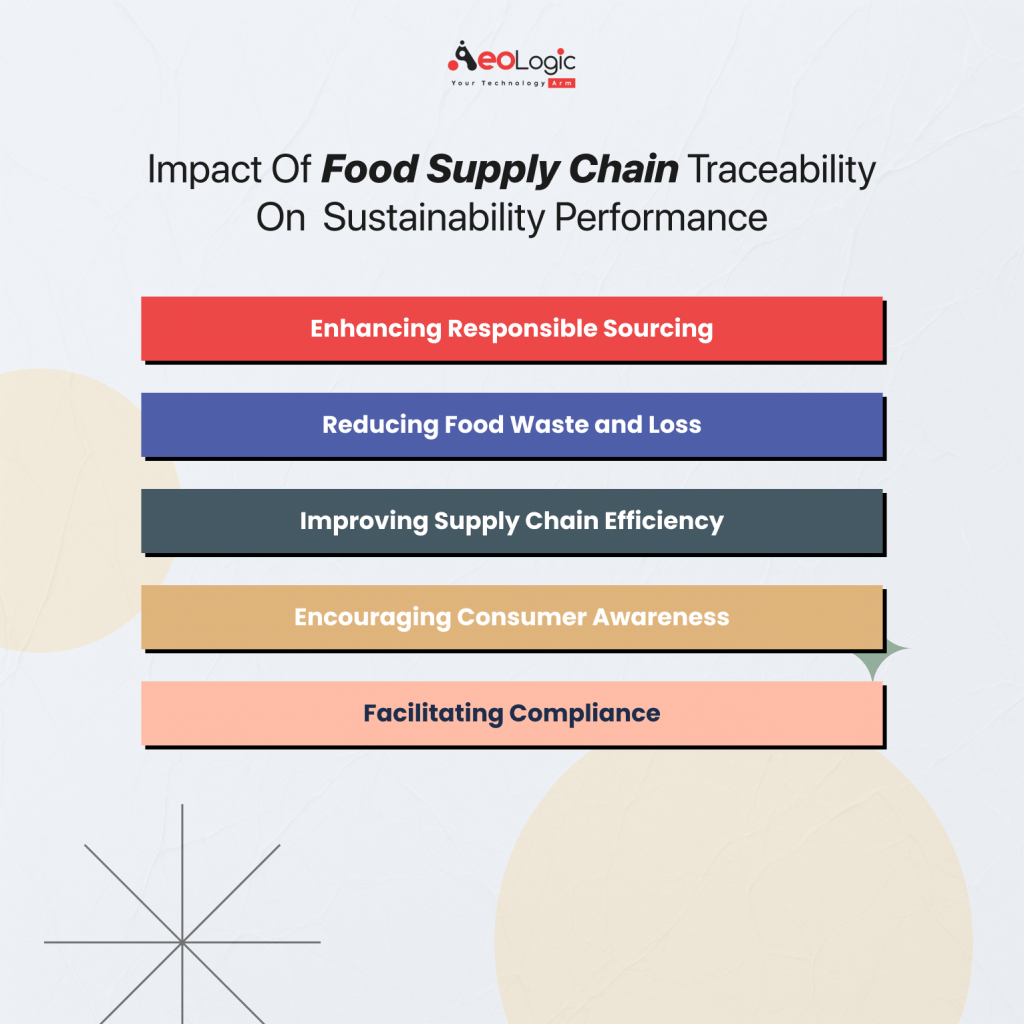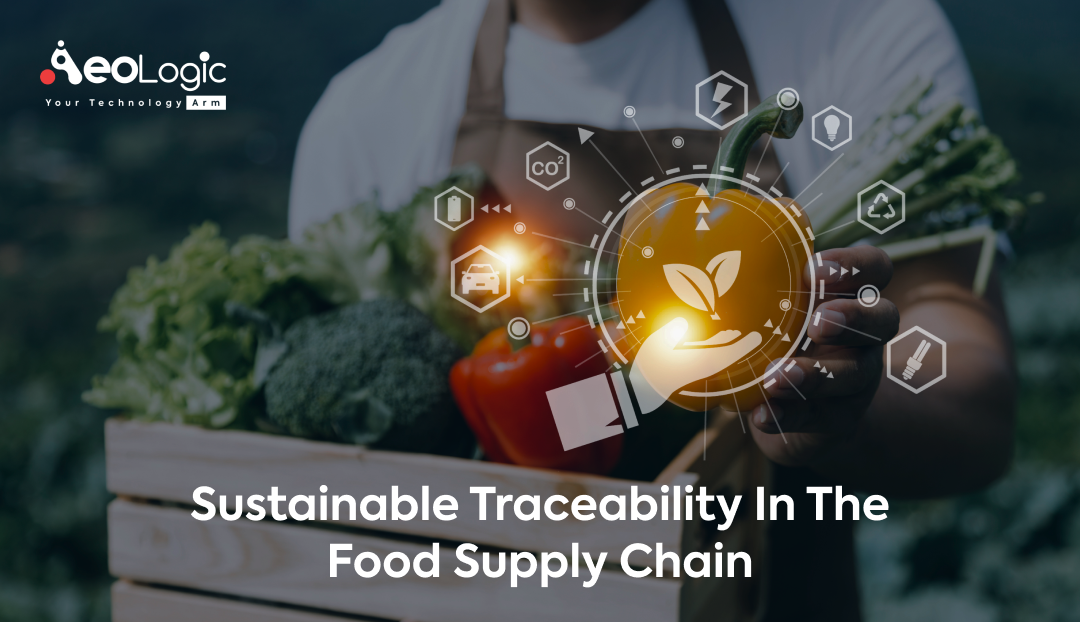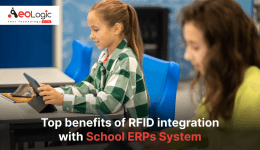In today’s fast-paced world, where the demand for food is ever-increasing, traceability in the food supply chain has gained tremendous importance. It is a critical aspect that ensures food safety, quality, and sustainability. But what does traceability in the food supply chain truly mean? Simply put, it refers to the ability to track the production, distribution, and consumption of food products. This process helps in identifying and addressing issues like food fraud, contamination, and wastage, ensuring a sustainable and safe food supply chain for all.
The Importance of Traceability
The significance of traceability in the food supply chain cannot be overstated. It’s not just about knowing the origin of your food but understanding the entire journey from farm to fork. This knowledge empowers consumers to make informed choices and drives accountability and transparency within the industry. In an era where consumers are increasingly concerned about the ethical and environmental impact of their food choices, traceability becomes a linchpin for sustainable practices.
Also Read: Advantages of ERP Traceability for the Food Industry
Impact of Food Supply Chain Traceability on Sustainability Performance

The link between traceability in the food supply chain and sustainability performance is profound and multifaceted. Traceability systems directly contribute to more sustainable food supply chains by promoting responsible sourcing, reducing waste, and enhancing the overall efficiency of food production and distribution.
Enhancing Responsible Sourcing
Traceability plays a vital role in responsible sourcing. By providing detailed information about the origin of food products, these systems allow companies to avoid goods produced in environmentally harmful ways or in violation of labor laws.
For instance, seafood traceability can help in combating illegal, unreported, and unregulated (IUU) fishing, which is a significant threat to marine ecosystems. With traceability, companies can ensure that their products come from sustainable sources, thereby contributing to environmental conservation.
Reducing Food Waste and Loss
A significant aspect of sustainability in the food supply chain is the reduction of waste and loss. Traceability systems help in identifying inefficiencies and points where food is most likely to be wasted. By pinpointing these areas, businesses can implement targeted strategies to reduce waste, such as improving storage methods or adjusting supply chain logistics.
The United Nations Food and Agriculture Organization estimates that approximately one-third of all food produced for human consumption is lost or wasted globally. Effective traceability systems can significantly dent this number, thereby enhancing sustainability.
Improving Supply Chain Efficiency
Efficiency in the food supply chain is crucial for sustainability. Traceability enables better inventory management, reduces the time products spend in transit, and ensures optimal use of resources. This not only saves costs but also reduces the environmental impact associated with food production and distribution, such as greenhouse gas emissions and energy consumption.
Encouraging Consumer Awareness and Demand for Sustainable Products
Traceability also influences consumer behavior. Informed consumers are more likely to demand sustainably produced food. This demand can drive change in the industry, pushing more producers and suppliers to adopt sustainable practices. As more consumers seek out products with transparent origins, the market for sustainable goods expands, creating a positive feedback loop that benefits the environment.
Facilitating Compliance and Standardization
Lastly, traceability in the food supply chain aids in compliance with environmental and social standards. By providing transparent and accessible data, it allows companies to prove adherence to sustainability criteria set by governments and international bodies. This harmonization of standards across borders and industries is crucial for global sustainability efforts.
The integration of traceability systems into the food supply chain significantly boosts sustainability performance. From ensuring responsible sourcing to reducing waste and enhancing efficiency, the benefits are vast and pivotal in our journey towards a more sustainable and responsible global food system.
Also Read: The Role of Track and Trace in Tomorrow’s Production
Technological Innovations in Traceability
The good news is that technology is playing a pivotal role in enhancing traceability in the food supply chain. Innovations like blockchain, IoT sensors, and AI are revolutionizing how we track and manage food products. Blockchain technology, for instance, provides a decentralized, tamper-proof ledger, which is ideal for maintaining transparent and immutable records of food products as they move through the supply chain.
Current State and Challenges
Despite its critical role, implementing traceability in the food supply chain is fraught with challenges. One of the primary hurdles is the complex nature of food supply chains, which often span multiple countries and involve numerous stakeholders. There’s also the issue of different standards and regulations across regions, making uniform traceability difficult. Additionally, the cost of implementing sophisticated tracking systems can be prohibitive for small-scale producers.
However, the benefits far outweigh the challenges. A robust traceability system can significantly reduce the risk of food safety incidents, which cost the global economy billions annually. For instance, a study by the Food Marketing Institute and the Grocery Manufacturers Association in the United States estimated that food recalls cost companies an average of $10 million in direct costs alone, not including brand damage and lost sales.
The Future of Traceability
As we look toward the future, the landscape of traceability in the food supply chain is poised for significant evolution and innovation. These developments are not only expected to enhance food safety and quality but also to reshape how we interact with and understand our food systems. Here are 5 key points that illustrate the promising direction in which traceability is heading:
- Integration of Advanced Data Analytics: The future will likely see an increased use of sophisticated data analytics in traceability in the food supply chain. By analyzing vast amounts of data, companies can predict trends, prevent potential food safety issues, and optimize the supply chain for better efficiency and sustainability.
- Enhanced Global Standards and Regulations: As the importance of traceability grows, we can expect more stringent and globally harmonized standards and regulations to emerge. This will ensure a uniform approach to traceability, making it easier for international trade and ensuring food safety across borders.
- Consumer-Driven Transparency: Consumers will continue to be a driving force in demanding transparency. Their growing interest in the origins and handling of their food will push companies to adopt more transparent traceability in the food supply chain practices, leading to better consumer trust and loyalty.
- Collaborative Efforts Among Stakeholders: The future will likely see increased collaboration among farmers, manufacturers, distributors, and retailers. This collaborative approach is essential for effective traceability, ensuring that all parts of the supply chain are accountable and transparent.
- Sustainable and Ethical Practices: As environmental and ethical concerns become more prominent, traceability will play a key role in promoting sustainability. It will enable consumers to make informed choices about the environmental and social impact of their food, encouraging more sustainable and ethical practices in the industry.
Also Read: Traceability Solutions for Food and Beverage Packaging Industry
Final Words
Traceability in the food supply chain is not just a trend but a necessity in our quest for a sustainable future. As technology evolves and stakeholders become increasingly aware of its importance, we can expect to see more robust and efficient traceability systems in place. This will not only ensure the safety and quality of our food but also contribute to the overall health of our planet and its inhabitants.
In the journey towards sustainable and efficient food supply chains, Aeologic Technologies stands as a beacon of innovation and expertise. Connect with Aeologic Technologies to transform the future of traceability in your food supply chain.







